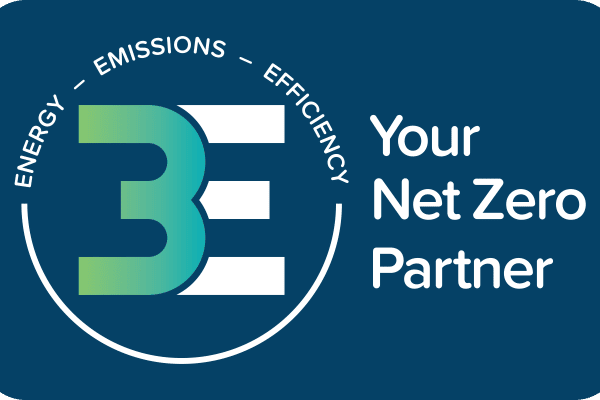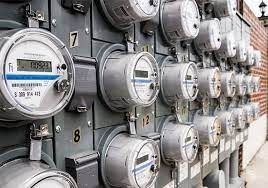What does Cogeneration mean exactly?
Cogeneration is the simultaneous production of two useful forms of energy: high-temperature heat and electricity generated from a single fuel source. For this reason Cogeneration is also referred to as Combined Heat and Power (CHP).
Cogeneration, some times called ‘Cogen’, is a proven and reliable technology operating at over 100 sites across Australia.
A major practical benefit of a Cogen or CHP plant is one that it recovers otherwise wasted thermal energy and distributes the heat energy throughout the building’s HVAC system. This method of heating is highly efficient compared to separate dedicated heating systems powered by a different fuel source.
Benefits of Cogeneration
Cogen or CHP offers major economic and environmental benefits, including:
- significantly improves a building’s environmental ratings,
- increases fuel efficiency,
- reduces energy costs,
- reduces greenhouse gas emissions (typically by up to two-thirds),
- increases security and continuity of energy supply.
Organisations that use large amounts of hot water, heat, steam or chilling would benefit from Cogeneration, such as: Hospitals, universities, hotels, office buildings, aquatic centres, food and beverage product manufacturers and other large facilities that have extensive requirements for heat energy production.
What is a Cogeneration plant?
Cogeneration is a high efficiency energy system that produces either electricity (or mechanical power) and valuable heat from a single fuel source.
There are different types of Cogeneration plants, but the outcome is typically the same in terms of waste heat recovery.
- Gas turbine cogeneration plants using waste heat in the flue gas of gas turbines
- Gas engine plants use a recriprocating gas engine which is generally more competitive than a gas turbine.
- Biofuel engine plants use an adapted recriprocating gas engine or diesel engine
- Steam turbine plants that use the heating system as the steam condenser for the steam turbine
The difference between Cogeneration and Trigeneration?
Trigeneration is an extension of Cogeneration that involves the simultaneous production of electricity, heating and cooling. Trigeneration is often referred to as combined cooling, heat and power – or CCHP for short.
Trigeneration is the process by which some of the heat produced by a Cogeneration plant is used to generate chilled water for air conditioning or refrigeration.
Benefits of Trigeneration
There are a number of benefits to trigeneration including:
- Onsite, high efficiency production of electricity and heat
- Re-use existing co-generation to reduce electricity consumption, reduce emissions and reduce costs substantially
- Reduce site CO2 emissions by up to 60% over business as usual by generating electricity onsite using natural gas.
- Capture and reuse energy in the generator waste streams for new absorption chiller.
- Provide energy efficient cooling using waste heat
- Reduce electricity network consumption (kWh) and demand (kVA) charges.
- Achieve a total system thermal efficiency of up to 85%.
- Beneficial for improving building’s energy efficiency ratings such as Green Star and NABERS in Australia.
From a technical standpoint, Trigeneration is a much more efficient technology than Cogeneration; however, in order to determine which system makes practical and financial sense for an organisation, the building’s energy infrastructure must first be inspected and assessed by qualified engineers, along with careful consideration of business drivers, project financing and return on investment criteria. In certain cases, Cogen or Trigen systems are not cost effective to install as savings generated may be too low to justify the investment. It’s recommended to contact a trusted energy efficiency consultant or Cogen/Trigen specialist to evaluate your requirements and recommend the best solution with optimal economic and environmental outcomes.
Ecosave Advisory assists large energy users with detailed energy assessments and where applicable include feasibility studies of either Cogeneration or Trigeneration systems as one possible Energy Conservation Measure (ECM) among a holistic package of ECMs. Ecosave does more than provide best practice recommendations for sustainability through independent energy consulting engagements; with more than 15 years of experience in implementing energy efficiency upgrades Ecosave has developed engineering expertise for commercial buildings, shopping centres, hospitals, schools, universities, manufacturing sites and other complex facilities that consumer significant amounts of energy and water.
For more information or to talk to an Energy Solutions Adviser, click here to contact Ecosave and book a FREE consultation.
Related content you may find interesting:
- Latest News & Insights
- Advantages of commercial building upgrades
- Funding energy efficiency retrofit projects
- Best practice energy savings projects for councils
- Why energy conservation is good for business (7 reasons)
- Energy Conservation Measures (ECMs)
- What is an ESCO and how can they save your organisation money?
- How energy savings projects can help your organisation reduce energy costs and ongoing maintenance costs





